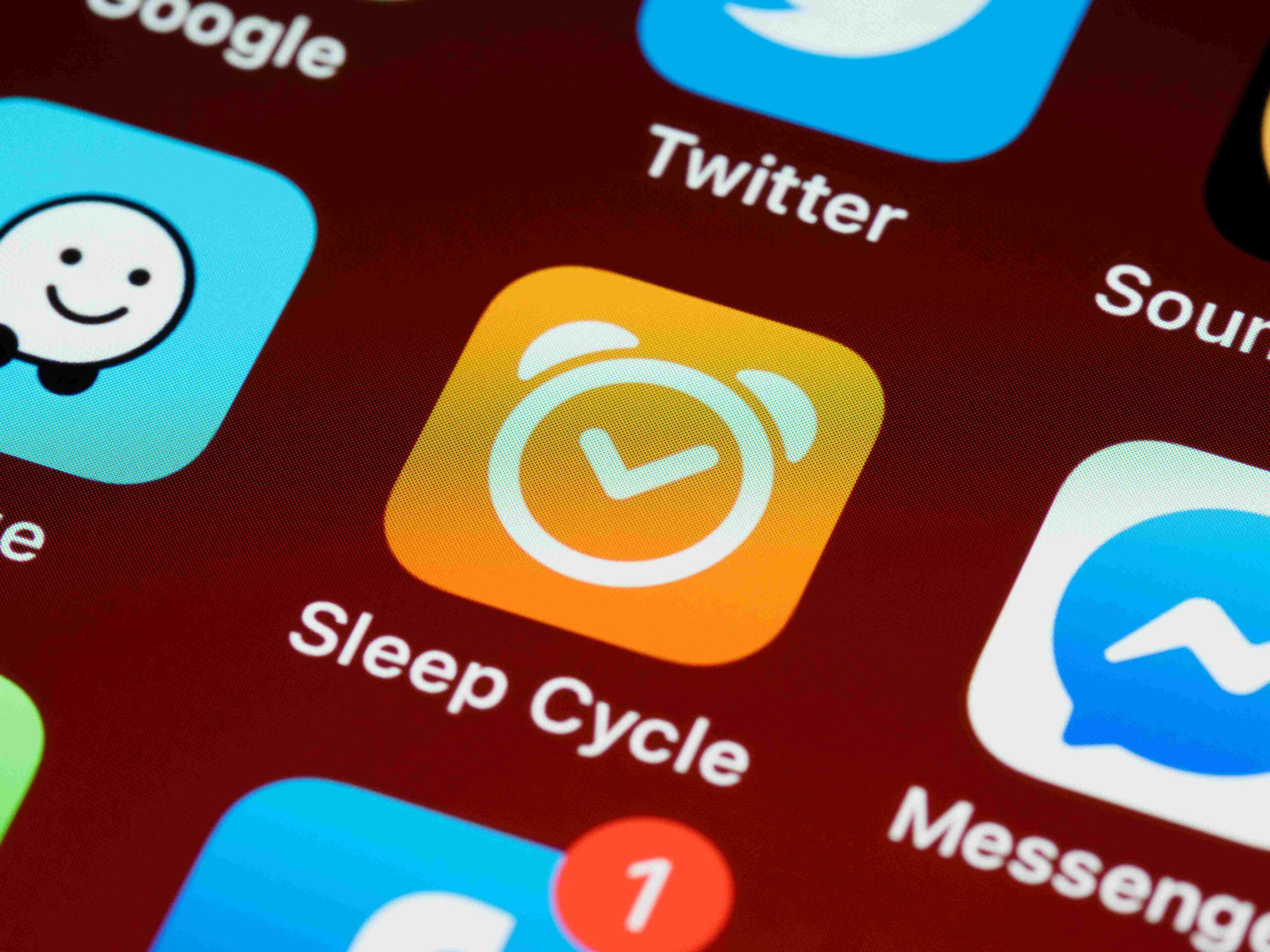In recent years, healthcare has seen a remarkable transformation thanks to diagnostic apps. Medical health apps are like little health helpers in your pocket. They allow you to check your vital signs, monitor your symptoms, and even predict health issues. These medical health apps empower you to take charge of your health, making it easier to spot problems early and work with doctors to stay healthy. Let’s explore how these diagnostic apps change how we manage our well-being.
- The Evolution of Personal Health Management:
Before delving into the impact of diagnostic apps, it’s essential to understand the evolution of personal health management. Historically, individuals relied on sporadic visits to healthcare providers to assess their health status. This reactive approach often resulted in delayed interventions, leading to more severe health issues. However, the paradigm is shifting with the rise of digital health tools.
- The Power of Diagnostic Apps:
- Accessibility and Convenience:
One of the most significant advantages of diagnostic apps is their accessibility. These apps can be downloaded and used on smartphones, making health monitoring convenient and readily available to anyone with a mobile device. This accessibility is a game-changer, especially for those in remote or underserved areas who may have limited access to traditional healthcare services.
- Self-Monitoring and Awareness:
Diagnostic apps empower people to monitor their health proactively. They provide tools for tracking vital signs, such as heart rate, blood pressure, and glucose levels. By monitoring these parameters regularly, users gain a heightened awareness of their health status, potentially catching issues before they become critical.
- Early Detection:
Early detection of health issues is a key aspect of adequate healthcare. Medical health apps often employ algorithms and AI to analyze user data, flagging anomalies or trends that might indicate potential health problems. This early warning system can be a lifesaver, allowing prompt medical intervention.
III. Use Cases of Diagnostic Apps:
- Chronic Disease Management:
Many people suffer from chronic conditions like diabetes, hypertension, or heart disease. Diagnostic apps have become invaluable tools for managing these conditions. Patients can track their vital signs, input medication information, and receive personalized insights on managing their health effectively.
- Women’s Health:
For women’s health, diagnostic apps are empowering. They can help track menstrual cycles, monitor pregnancy, and provide valuable information related to fertility. These apps are contributing to more informed family planning and reproductive health choices.
- Mental Health:
Mental health is as crucial as physical health, and diagnostic apps are making strides in this domain. They provide tools for monitoring mood and stress levels and even offer guided meditation and relaxation techniques. These apps are helping to break down the stigma associated with mental health issues by making self-care more accessible.
- Challenges and Concerns:
- Privacy and Security:
The vast amount of personal health data collected by diagnostic apps raises concerns about privacy and security. Users must be cautious about sharing sensitive information, and app developers must prioritize data protection.
- Accuracy:
While diagnostic apps can be incredibly useful, they are not a substitute for professional medical advice. Users need to interpret the data they receive with caution and consult healthcare providers for any concerns or questions.
- Healthcare Disparities:
Not everyone has equal access to smartphones or the internet. This digital divide can exacerbate healthcare disparities, as those without access to diagnostic apps may miss out on the benefits they offer. Efforts are needed to bridge this gap.
- The Future of Healthcare:
As diagnostic apps continue to advance and evolve, they will play an increasingly pivotal role in the future of healthcare. They have the potential to reduce healthcare costs, improve patient outcomes, and empower individuals to become more proactive in managing their health.
Conclusion:
In conclusion, medical health apps have truly revolutionized healthcare and personal health management. They’ve put health information at our fingertips, making it easier for us to stay well-informed and take control of our own health. These apps have enabled early detection of health issues, streamlined communication with healthcare professionals, and empowered individuals to make healthier choices. As we move forward, it’s crucial to ensure the accuracy and security of these apps, but the potential benefits are immense. With medical health apps, we have a powerful tool to lead healthier lives and work together with healthcare providers to build a brighter, more health-conscious future.

